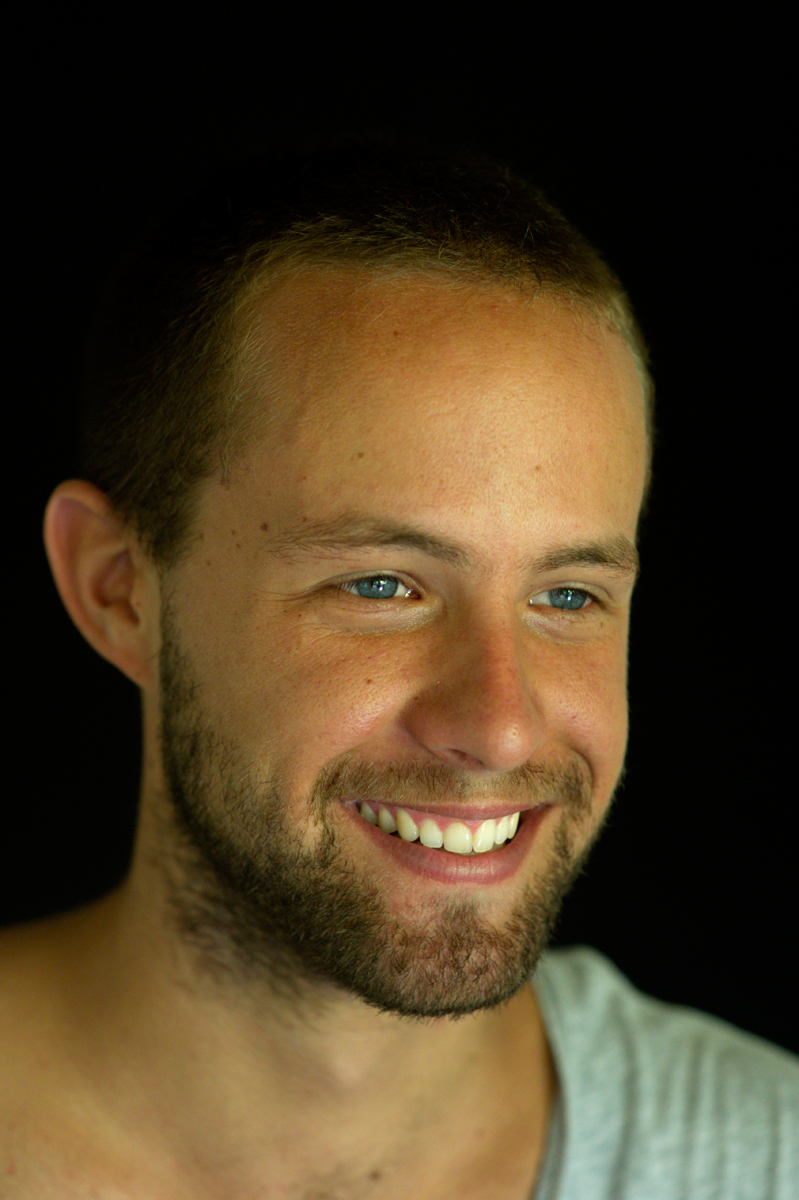In the field with an anti-poaching patrol in Gabon
Posted on January, 28 2013
WWF photographer James Morgan spent time with an anti-poaching patrol in Gabon. He photographed the lives of individuals on the frontlines of the war against wildlife crime.
by WWF photographer James MorganLast year I was asked by WWF to produce a series of images looking at the effects of the illegal wildlife trade. In June, I spent some time with an anti-poaching patrol in Gabon. My original aim was to photograph the lives of individuals on the frontlines of the war against wildlife crime, focusing on one of the most charismatic rangers, Soho Jocelyn.
I spent time with Soho at his home in Makokou and then followed him into the forest on patrol. One night sitting around the fire we got the chilling news that two rangers had been murdered, just miles away, across the border in Congo.


The increase in clashes between rangers and poachers has left horrifying numbers dead in the past year alone. However some of the most compelling images from the trip reflect a feeling that I had whilst I was there: I don’t think there is a frontline on the war against wildlife crime.
The increased frequency of ranger deaths is haunting, but its also an accessible symbol of a much deeper erosion of culture and livelihoods. As Soho Jocelyn kissed his wife and children before leaving for the jungle, I got a real sense of what was at stake. Not just in terms of his safety but the repercussions for his community and its history and shared values.


I grew up in the New Forest, a small stretch of forestland in the south of England. The New Forest is as thick with tales as it is with trees, and at the root of all these stories is the concept of forest law. Much of the old forest law, some of which still survives to this day, curtailed the ability of forest people to gather food in favour of protecting deer populations for the king’s hunting grounds. This inevitably led to an entire canon of stories painting poaching as a romantic, even noble, pursuit. I grew up with legends of the outlaw peasant taking what was rightfully his, outsmarting the crown and its feudal landowners.
But the poaching stories which emerged from Central Africa in 2012 bear no resemblance to the stories of my childhood. The romanticism and communal spirit are gone, and in their place are automatic weapons, bloodshed (both human and animal) and the irreversible damage of social and natural ecosystems. Ultimately the people who lose out aren’t wealthy landowners and caricature baddies, but communities struggling to subsist as criminal groups erode both their communities and resources.


The Baka community, who live in the forests of Gabon, Congo and Cameroon are perhaps as caught up as anyone. There was always tension when I first arrived in a Baka village. Nothing the universal language of silliness and a shared experience skinning a water cobra couldn’t swiftly dissolve, but the Baka have been vilified by environmental groups for the role they play in elephant poaching, and relationships are understandably fraught.


In many ways the short time I spent with the Baka was the most illustrative of the full effects of wildlife crime. Baka are employed and killed on both sides of the battle, a poacher one day may have no qualms about becoming a ranger the next. It all depends who’s footing the bill. But the recent escalation in commercial poaching has bought more than just the death of a few individuals, it has bought about the disintegration of an entire way of life.
Or more accurately, the advent of poaching has served as a catalyst hugely enhancing the effect of other environmental pressures in breaking the bonds the Baka once held with the forest and pushing them into alcoholism, domestic violence and a whole host of associated social problems. I often find in the course of my work that the social cohesion of indigenous groups can be read as a litmus test for environmental issues.


The Baka were originally semi-nomadic subsistence hunters. The majority have now settled in villages as pressure from logging and infrastructure projects has impacted wildlife populations throughout the Congo basin. It’s economics that have pushed the Baka to hunt elephants. Elephants alive steal food and trample crops, whilst dead their tusks are almost worth their weight in gold. It’s ironic in a sense, and also understandably frustrating for the Baka, that they used to revere the elephant and only started ‘poaching’ under pressure from French and German colonial rulers who had an insatiable thirst for ivory. Now their orders are coming from criminal syndicates and terrorist groups. It’s probably hard to tell the difference.
Read James' second blog post on the illegal wildlife trade here
James' multimedia piece 'Inside Wildlife Crime':
 James Morgan is an award winning photojournalist and filmmaker. The majority of his work is focused around providing supplementary narratives to environmental and human rights policy. His images have led campaigns for WWF, the United States Agency for International Development and the United Nations Refugee Agency. www.jamesmorganphotography.co.uk, Facebook, Twitter.
James Morgan is an award winning photojournalist and filmmaker. The majority of his work is focused around providing supplementary narratives to environmental and human rights policy. His images have led campaigns for WWF, the United States Agency for International Development and the United Nations Refugee Agency. www.jamesmorganphotography.co.uk, Facebook, Twitter. 
